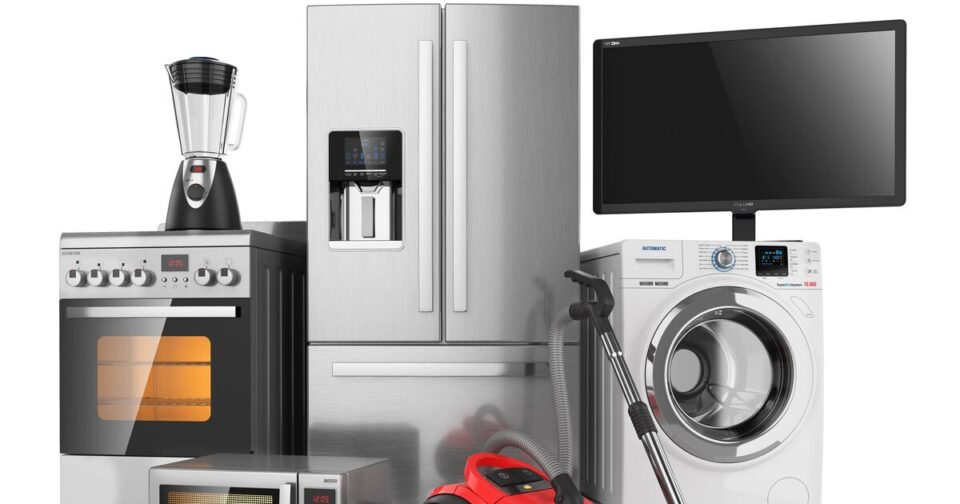A simple but extremely costly mistake could be adding hundreds of pounds to the energy bills of households across the UK. Soaring energy prices amidst the cost-of-living crises have resulted in the shelling out of some friendly advice by solar panel experts at Grant Store.
Urging Britons to examine their household appliances, the experts have aimed to highlight the hidden costs of keeping old, ineffective, and inefficient electrical appliance models in use in your household.
Hidden costs are more than you think
Grant Store energy experts have revealed that the continuous use of older appliances beyond their life expectancy could be a major factor behind the significant increase in your energy costs. They explained: “Older fridges, washing machines, and boilers may seem like they’re doing the job, but as they age, they lose efficiency and require more energy to operate.
“This hidden inefficiency can add hundreds of pounds to your annual bills without you even realising.”
As a hack to save more money upfront, several households tend to avoid replacing their old appliances – however this decision usually comes at a cost. A higher, long-term energy cost.
Your outdated appliances may be costing you as much as £300 per year in additional energy usage, as compared to their modern, energy-efficient counterparts, warn experts.
Inefficiency compounds over time
Most often, due to perennial, long-term wear and tear, the inefficiency of older appliances compounds over time, causing them to consume more and more energy. For example, a refrigerator which has an ageing boiler or a damaged seal tends to use significantly more power than when it is functioning optimally.
Experts warn: “An appliance well past its lifespan may use as much as 1,000 extra kilowatt hours (kWh) of energy annually.
“Investing in newer models with high energy-efficiency ratings can drastically reduce this usage, saving you money in the long run while also lowering your household’s carbon footprint.”
In comparison, appliances that are relatively newer, especially those which have high energy efficiency ratings, tend to minimise energy use as they are designed with the purpose of keeping energy usage to a minimum. This actually makes newer built appliances a smarter choice for cost-conscious customers.
Average lifespan of common appliances
Below is a guide that lists out the average lifespan of some common household appliances. It may help households identify which of their electrical appliances may be due for a much-needed upgrade:
Fridge/Freezer: 10-20 years
Washing Machine: 10-13 years
Tumble Dryer: 10-15 years
Dishwasher: 10 years
Boiler: 10-15 years
Experts from Grant Store suggest that if your appliances have surpassed their expected lifespans, they are probably using more energy than needed.
With energy prices sustaining at record highs, it may be the most practical step for households to replace their inefficient appliances in order to reduce their energy costs.
Grant Store energy experts have strongly advised: “While upgrading to new appliances may seem like a big expense, it’s an investment that will pay off over time by lowering your energy bills.
“Small changes like this can have a significant impact on both your finances and the environment, helping households better manage costs during the ongoing energy crisis.”
This common mistake, if addressed in time, can ensure that families across the UK not only save hundreds of pounds in bills, but also contribute to a more energy-efficient and sustainable future for the coming generations.
